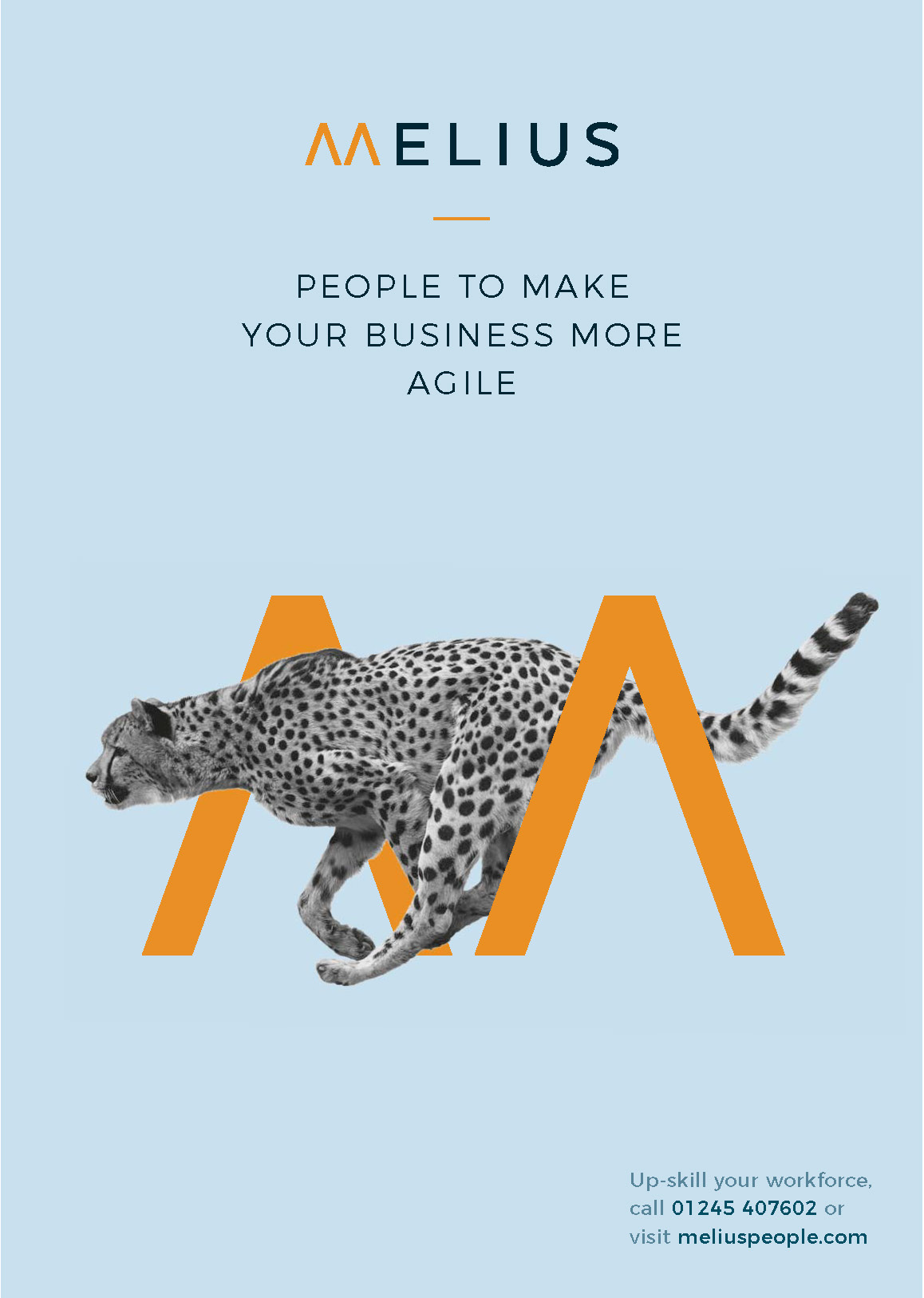Seven ways to develop your cognitive flexibility
Cognitive flexibility is the ability to switch thinking between two or more different concepts simultaneously and thus being better able to consider different options in a business context or multiple aspects of a complex situation.
Benefits of cognitive flexibility include ready assimilation of change, ability to overcome previously held beliefs and ability to understand and consider multiple alternative situations.
Executives with highly developed cognitive flexibility demonstrate emotional stability, memory, coping skills, planning and organisational skills; and are able to control aspects of their thinking to concentrate on the most important aspects of a task.
This fluid intelligence is one of the many areas where the human brain can outperform the more structured processing power of the computer. So, how should we go about developing our cognitive flexibility?
Try these, seven tips from our executive learning team:
1. Alter your everyday routine.
Simple differences such as taking a different route or mode of transport to get to work, or changing your exercise routine will help build and strengthen the ability of your brain to be creative and adaptive.
2. Seek out new experiences.
New experiences equal new connections, in your brain’s wiring as well as your professional network. Try something or somewhere new to develop your memory and learning abilities.
3. Practice thinking creatively.
Actively try to think of unconventional ways to solve everyday business issues.
4. Don’t always take the easy way.
Try leaving the satnav or the spell check turned to off occasionally to keep your mind sharp.
5. Meet new people.
In particular, actively seek out and engage with people from different cultures or walks of life who are likely to have a different perspective on work and life to you and your normal social circle.
6. Transfer your learning.
Explaining concepts in your own words helps you work through assumptions and gaps in your thinking, and understand the core concepts that can be applied beyond their original application.
7. Challenge your morals.
Try to understand the points of view or belief systems of those you don’t necessarily agree with, and try to rationalise where they’re coming from and why they think the way they do. This will help you to improve communication, conflict resolution and adaptability.
Just remember that the more you go out of your way do things differently, engage in new experiences, and interact with different people, the more flexible your thinking will become.
Melius upskills individuals and teams looking to develop their negotiation skills in pursuit of improved business performance. Get in touch with Melius to find out more about how this approach can benefit your business.

